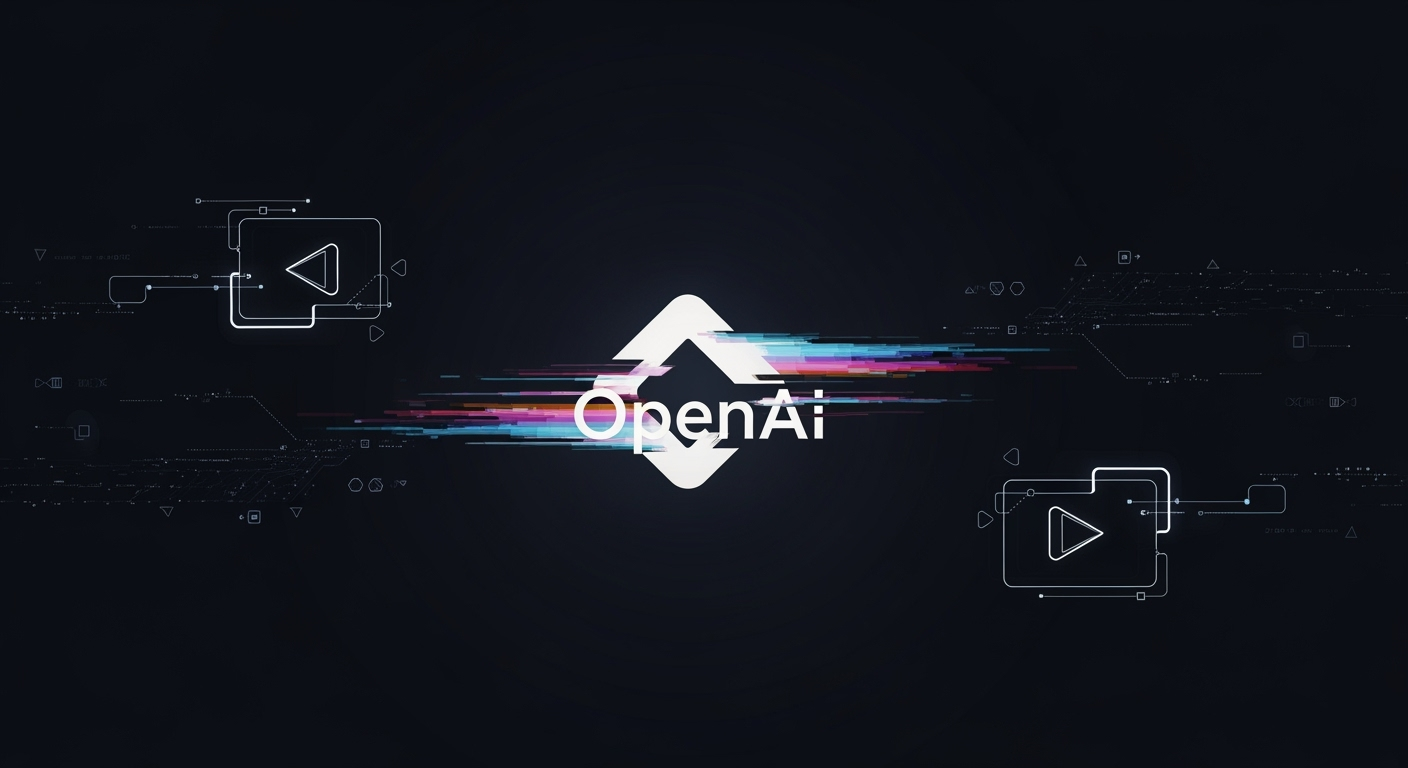OpenAI Restricts Sora AI Video Generations of Martin Luther King Jr.

OpenAI Adds Restrictions to Sora After Misuse of Martin Luther King Jr.'s Likeness
OpenAI has announced a significant update to its AI video platform, Sora, by pausing the ability for users to generate videos depicting Dr. Martin Luther King Jr. This decision comes after the company received a request from Dr. King’s estate, following reports that some users had produced disrespectful and inappropriate representations of the late civil rights leader.
Why Did OpenAI Take Action?
The move underscores growing concerns about the ethical and social implications of AI-generated content featuring public figures. OpenAI stated on its official newsroom account that:
- "There are strong free speech interests in depicting historical figures, [but] OpenAI believes public figures and their families should ultimately have control over how their likeness is used."
- Authorized representatives or estate owners can now request that their likeness not appear in Sora-generated videos.
Community and Family Concerns
Dr. Bernice King, daughter of Dr. Martin Luther King Jr., recently appealed to the public to stop sending her AI-generated videos of her father. She was joined by other family members of well-known figures, such as Robin Williams’ daughter, who voiced similar concerns. These appeals highlight the personal impact that deepfakes and AI recreations can have on families and communities.
Wider Issues with AI Video Generation
The controversy around Sora comes shortly after the platform’s launch, which has already prompted public debate about the risks of AI-generated videos. The Washington Post reported incidents where the likeness of Dr. King was used in offensive ways, such as videos depicting him making monkey noises or engaging in fictionalized scenarios with other historical figures.
Other celebrities and public figures have also been represented in Sora videos, raising broader questions about permission, respect, and control in the digital age.
OpenAI’s Response and Future Guardrails
In response to these incidents, OpenAI is working to implement stronger safeguards and give more control to rightsholders and families. For example:
- Estate owners and authorized representatives can request removal or restriction of their likenesses from Sora.
- OpenAI is developing more granular controls for copyright holders, allowing them to manage how their images and works appear in AI-generated videos.
These changes follow earlier promises by OpenAI to address copyright and personality rights issues raised by creators, Hollywood agencies, and the public.
Ongoing Challenges for AI Platforms
The launch of Sora has also drawn attention to how AI tools handle copyrighted content and the likenesses of real people. The platform has seen a surge in videos featuring not just historical figures, but also copyrighted cartoons and fictional characters. This has intensified calls for clear policies and technological solutions to prevent misuse.
OpenAI’s experience with Sora may serve as a case study for other AI platforms navigating similar challenges. As the company continues to adapt its policies, it remains to be seen how effective these new guardrails will be in protecting the rights and dignity of individuals and their families.





